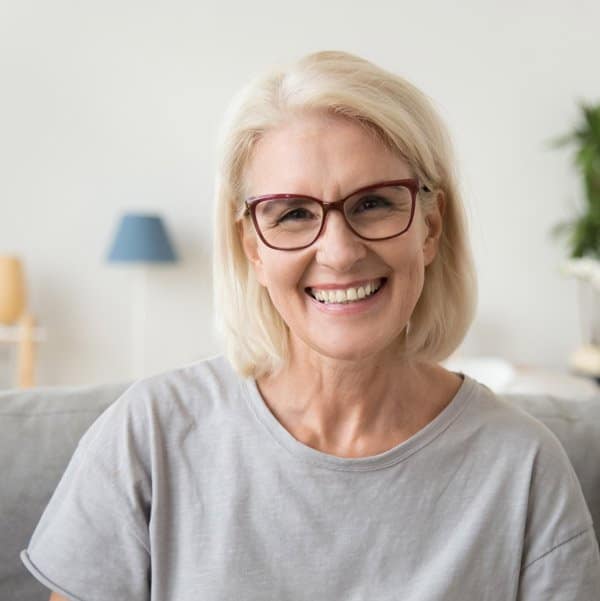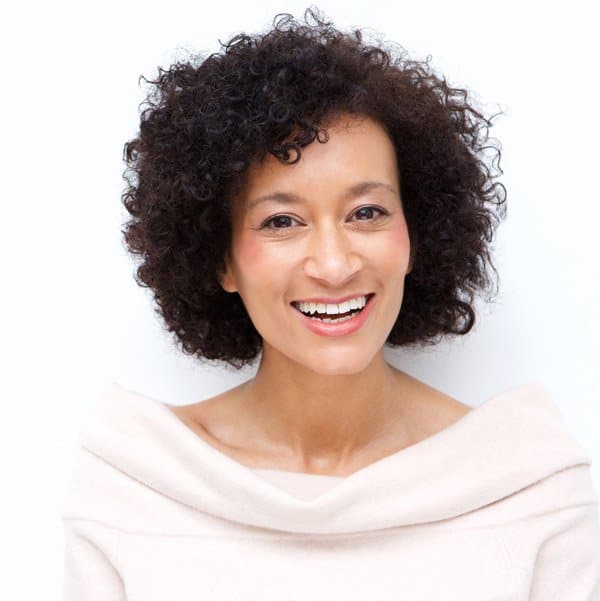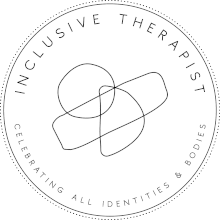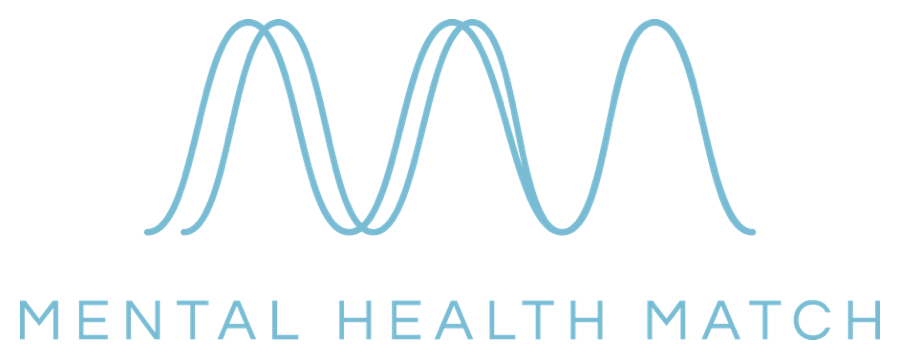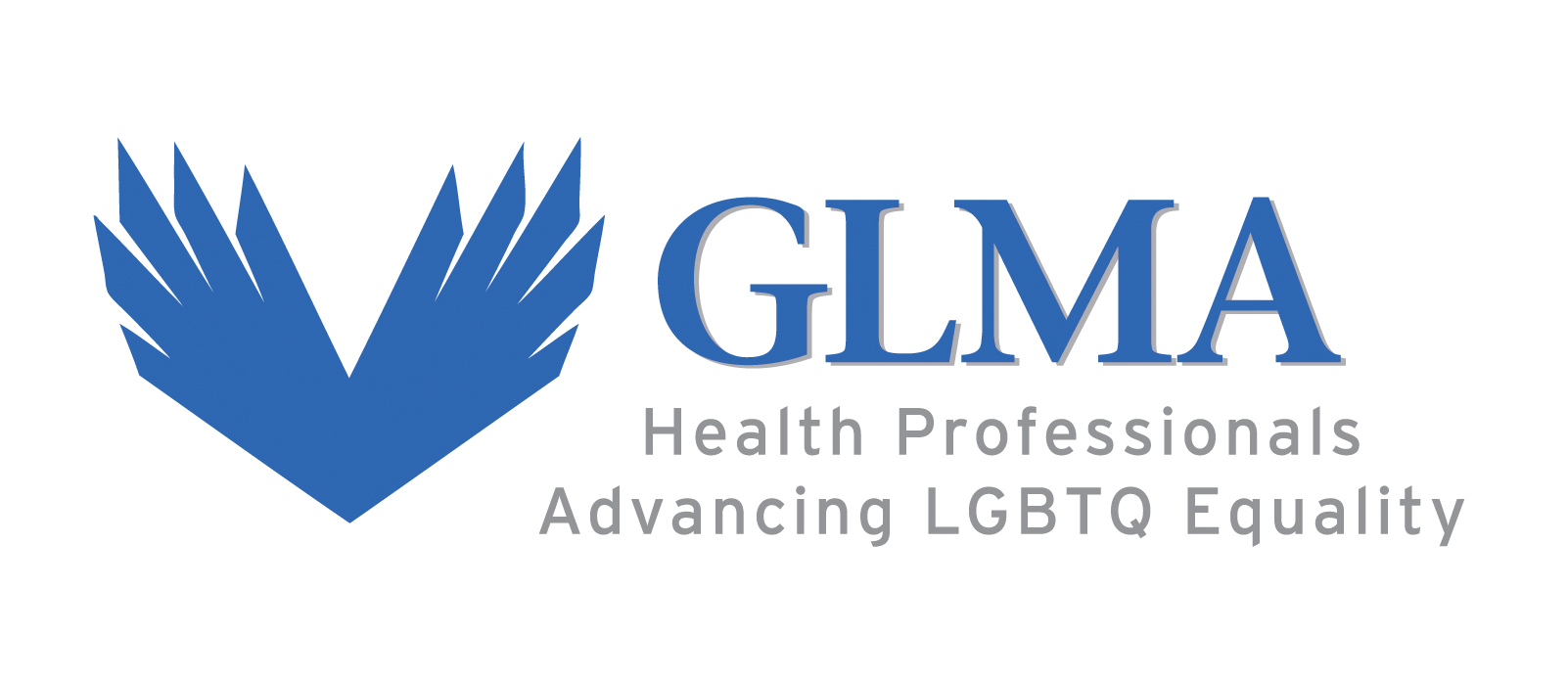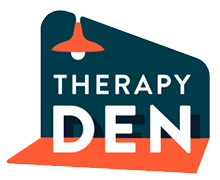Therapy for Asexuals
Step into a world of therapy where your experience is seen, respected, and nurtured in Plano, Texas.
Request a Free 15-Minute Consultation
* By clicking Submit, you permit us to contact you by email, phone, or text. Don’t worry – we won’t send you junk. It’s just to schedule a consultation and see if we can help you!
Beyond the Labels
6 Broad Categories of Asexual Experiences
Younger (Usually Single)
Younger, usually single Aces are often told they aren’t old enough or just haven’t met the right person.
Partnered (Often Married)
Previous generations didn’t know Asexuality was a thing and may find themselves in a mixed-orientation relationship
Sexualized Minorities
Minority Aces face a extra minority stress when they don’t fit into society’s hyper-sexualized expectation.
Men
Being an asexual man can be especially hard given the social pressure of an allosexual society.
Partners of Aces
It can be difficult to find a common ground when one partner is allosexual, and the other is asexual.
Exploring
How do you know if you experience sexual attraction if you don’t experience it? It’s complicated and takes time to figure out.
Sage Finch Counseling
We Help Aces
(And Their Intimate Partners)
Young (Often Single) Asexuals
“You’re too young to know.”
“You just haven’t met the right person.”
“I can fix you.”
Sound familiar? If you’re a youngish (and probably single) Ace, you’ve probably been told all of these things and more.
It’s okay to be asexual and not experience sexual attraction – or to experience it on your terms. Maybe you experience romantic, aesthetic, or another form of attraction? Maybe you need to have an emotional connection first, or maybe relationships don’t interest you. It’s okay to be you.
We are here to help you with your Ace-related or unrelated challenges. So, bring your challenges, and let’s work on them together in an affirming and accepting environment.


Partnered (Often Married) Aces
You are not broken. You do not need to be fixed. You may not have heard the term Asexuality until recently, so it’s not your fault that you followed what was expected by a hetronormative and allosexual society. Now you find yourself in a mixed-orientation partnership or marriage. Maybe you love your significant other but dread sex, and it is impacting your relationship. You want them to be happy, but you can’t go on like this. Or maybe you’re happy to meet their needs, but it’s still putting a strain on your relationship. Or maybe your partner (or spouse) doesn’t even know you are asexual. Maybe this is something you’ve carried alone for years, decades even. You don’t have to carry this alone anymore.Over-Sexualized Minority Aces
Belonging to a minority where people are highly sexualized adds yet another level of minority stress to your life.
You constantly fight multiple stereotypes – those attached to your race and expectation of hypersexuality.
It’s exhausting to educate those around you continuously. You shouldn’t have to explain yourself or justify who you are – and quite frankly, it’s none of their business.
So, let’s talk about your Ace-related and non-related problems in an affirming environment.


Asexual Men
Society puts a lot of pressure on men (and masculine presenting people) to be sexual. As a man, you are expected to live for sex, think about it all the time, and try to get it any way you can.
It is easy to feel like “less of a man” simply because you’d rather eat cake than have sex. But you are not less of a man, and you can live your authentic life.
Maybe you’ve been passing as an allosexual guy, but it’s really hard, and it’s getting harder over time. Or maybe you’re an asexual gay guy or part of a minority with hypersexual expectations. That’s also hard!
This is a space where you can be yourself. You can work through problems and challenges with someone who understands this extra level of complexity in your life.
Ace/Aros Facing Family Pressure
Sometimes, the challenge with being Ace (or Aro) lies not within the person but with social and family pressure to be in a relationship, eventually marry, and have children.
This can be particularly challenging if you come from a collectivist family that values the needs of the group over the individual. Being Ace or Aro within a collectivist culture adds an extra challenge.
Are you tired of deflecting the endless questions about when you’re going to “settle down” or how the clock is ticking? How can you explain this to your family? Do you have to? What if they don’t understand or respect your wishes?
This challenging Ace or Aro experience is especially challenging in minority families with collectivist cultural values, especially when they are embedded in the larger society that values individualism. How do you balance your individuality with what your family wants?

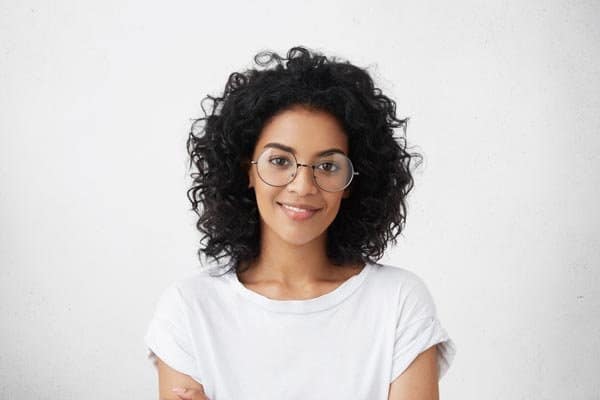
Exploring Asexuality
Asexuality is part of the LGBTQ+ community and is defined as not experiencing sexual attraction. How do you know you don’t experience something you have never experienced? It’s like having a club for people who can’t see blue. How do you know you can’t see blue if you don’t know what blue looks like? Asexuality is an umbrella term, and asexual people vary greatly in their attitudes about sex (positive, neutral, or repulsed), types of attractions, and where they fall on the asexual spectrum. It can take a while to figure it out, and often it helps to be able to process it with an asexuality-informed therapist. Check out our collections of resources for Aces (books, articles, communities and videos).Partners of Asexual People
Asexuality doesn’t just impact the asexual person – it also impacts their intimate partners.
Maybe this came out of left field, and you don’t even know how to react. Or maybe you suspected it all along, and your partner only recently realized they were asexual.
Or maybe you found the love of your life, only to find that they don’t particularly enjoy sex. You’re wondering if this is something you can live with. And if so, how do you work something out that can meet both of your needs?
Therapy, with or without, your intimate partner, could help you work through this challenge.

Asexual Therapy FAQs
These are some of the most commonly asked questions related to asexual therapy in Plano, Texas.
Why is it unethical to try and "fix" asexual individuals?
Asexuality is one of the more pathologized sexual orientations because of the erroneous allonormative belief that all people experience sexual and romantic attraction.
Asexuality is a valid sexual orientation and has existed throughout time. Because if it’s “invisible” nature, it is not well known or accepted, leading to a lot of misinformation and even the mistaken belief that asexual individuals need to be “fixed,”
While it’s fine to explore asexuality, see if it fits your experience, and even compare your experience with DSM-5-TR diagnosis regarding low sexual desire, it’s NOT okay to attempt to correct asexuality or convert an asexual person into an allosexual person.
Conversion and corrective therapies are widely considered unethical and harmful by major psychological and medical organizations.
What is Asexual Therapy?
Asexual therapy is a form of counseling tailored to your unique needs as someone who identifies as asexual (or is exploring asexuality).
It’s a space where you can safely explore and understand your asexual identity, discussing any challenges or concerns you might have, such as navigating relationships, dealing with societal misconceptions, or cultivating self-acceptance.
Even if your challenges are not related to asexuality, it can be beneficial to have an asexual-affirming therapist so you don’t have to explain and justify your lived experience. We can also help with common mental health issues such as anxiety, depression, anger, relationship challenges, and more.
How can therapy assist with relationships for asexual individuals?
Therapy can be incredibly beneficial for asexual individuals in navigating relationships.
Individual Therapy
Part of exploring and navigating asexuality involves relationships. Therapy can help asexual individuals build stronger, more fulfilling relationships and connections with family, friends, coworkers, platonic partners, romantic partners, intimate partners, and more. Or, it can also be a place of exploration to figure out if you want to stay in your current relationship.
Relationship Therapy
Relationship therapy provides a space to discuss and explore how asexuality impacts relationships and helps partners understand each other’s needs and boundaries. It provides a space for the partners to build strong, fulfilling relationships that respect an individual’s asexuality, fostering deeper connections and mutual understanding.
Mixed-Orientation Relationships
It’s quite common for asexual individuals to find themselves in mixed-orientation relationships or marriages. Sometimes, the revelation that one partner is asexual can cause a rupture in the relationship and a need to explore and renegotiate some aspects of the relationship. Not all mixed-orientation relationships survive.
Why is it so hard to find asexual-friendly therapists in Texas?
Finding asexual-friendly therapists in Texas can be challenging due to a few factors.
Regional Cultural Norms: Texas is the heart of the bible belt. The religious culture typically has strict ideas about gender norms and expectations of heteronormativeity and allosexuality.
General Therapy Education and Training Gaps: There is a lack of comprehensive training in diversity and sexuality in the mental health field, particularly in areas less exposed to diverse sexual orientations such as asexuality.
LGBTQ+ Specific Traning Gaps: Most LGBTQ+ affirming therapists should know about asexuality, but their information may be incorrect. LGBTQ+ trainings on asexuality often contain misinformation. There is also a lot of gatekeeping within the LGBTQ+ community and a controversy about whether or not Aces should be included.
Limited Awareness and Visibility: Asexuality is not as visible or widely recognized as other orientations, leading to fewer resources or specialized services.
Stigma and Misconceptions: Misconceptions or stigma surrounding asexuality, as well as the low numbers of asexual-identifying individuals, have hampered the development of specialized therapeutic services.
Are there specific challenges that asexual individuals face that therapy can address?
Asexual individuals may face several specific challenges that therapy can address. These include:
- Navigating romantic and platonic relationships
- Dealing with societal pressures or misconceptions about asexuality
- Personal struggles with self-acceptance or identity validation.
- Feelings of isolation and exclusion.
- Other mental health challenges such as anxiety, depression, anger, stuckness, and more.
Therapy offers support in exploring and affirming one’s asexual identity, especially in contexts where asexuality is misunderstood or stigmatized. Addressing these challenges in therapy can lead to greater self-understanding, improved relationships, and overall well-being.
What strategies are used in therapy to support asexual clients?
In therapy for asexual clients, various evidence-based strategies are utilized to provide support in an LGBTQ+ affirming environment. These include:
Narrative Therapy: This approach helps asexual clients explore and rewrite the narratives of their lives, emphasizing their identity and experiences.
Emotionally Focused Therapy (EFT): EFT aids in building and strengthening emotional bonds, which is particularly useful in addressing relationship dynamics and working with your attachment style.
Internal Family Systems (IFS): This therapy helps in understanding and harmonizing different parts of oneself, beneficial for self-acceptance and internal conflict resolution.
Cognitive Behavioral Therapy (CBT): CBT is effective in challenging and changing unhelpful thoughts and behaviors, often useful for dealing with societal pressures and misconceptions.
These therapies, delivered in a context that respects and understands LGBTQ+ identities, aim to provide comprehensive support tailored to the unique experiences of asexual individuals.
What should I expect during my first asexual therapy session?
I don't live in Texas. How can I find an Ace-friendly therapist in my state?
We see individuals and partners in person in our Plano, Texas office or online throughout Texas.
Until Texas joins the Interstate Counselin Compact, we cannot provide therapy services to clients outside of Texas.
To locate an ace-friendly therapist in your state, search the therapy directories, such as Psychology Today and Inclusive Therapists, and search for “asexuality.” If that doesn’t work, then look for an LGBTQ+ therapist.
We created a Guide to Finding an Ace-Affirming Therapist that might be helpful.
The Basics of Asexuality
Asexuality, often termed an ‘invisible orientation,’ is frequently overlooked and misunderstood in a society where allosexuality (sexual attraction) is a normative expectation. We created an into-graphic style resource that explores the basics of asexuality, including definitions, spectrum, statistics, split model of attraction, symbols, differential diagnosis, and more.COLLIN COUNTY TEXAS
Take the First Step
Frisco LGBTQ+ therapy: Your safe space for healing and growth in Frisco, Texas.
We see clients in-person and online from our Plano, Texas office. Most of our clients come from Collin County and surrounding areas:
|
|
Request a Free 15-Minute Consultation
* By clicking Submit, you permit us to contact you by email, phone, or text. Don’t worry – we won’t send you junk. It’s just to schedule a consultation and see if we can help you!


